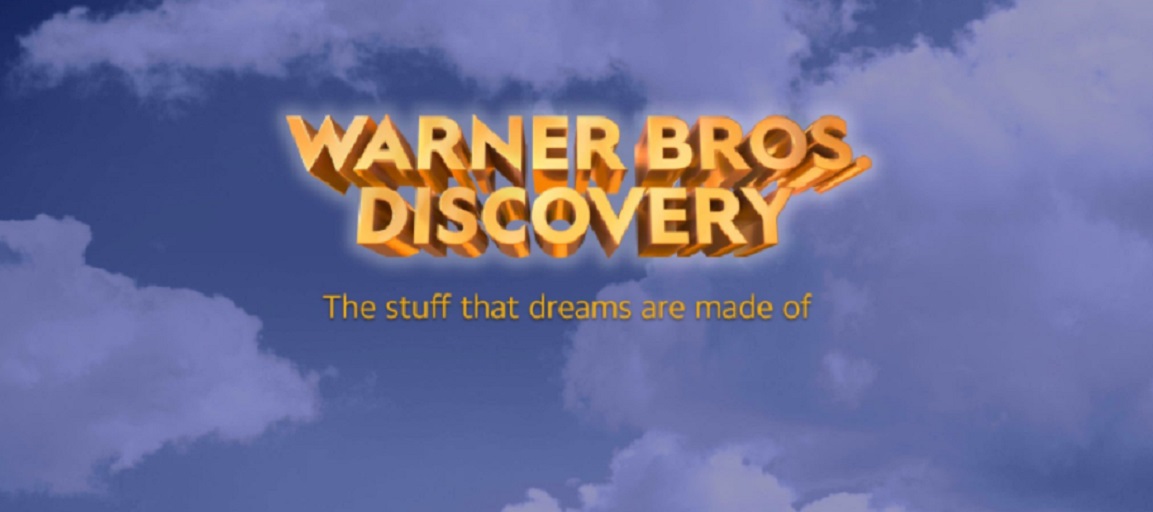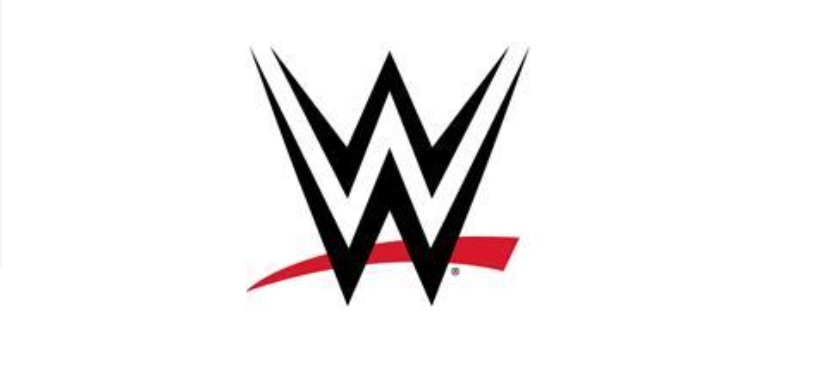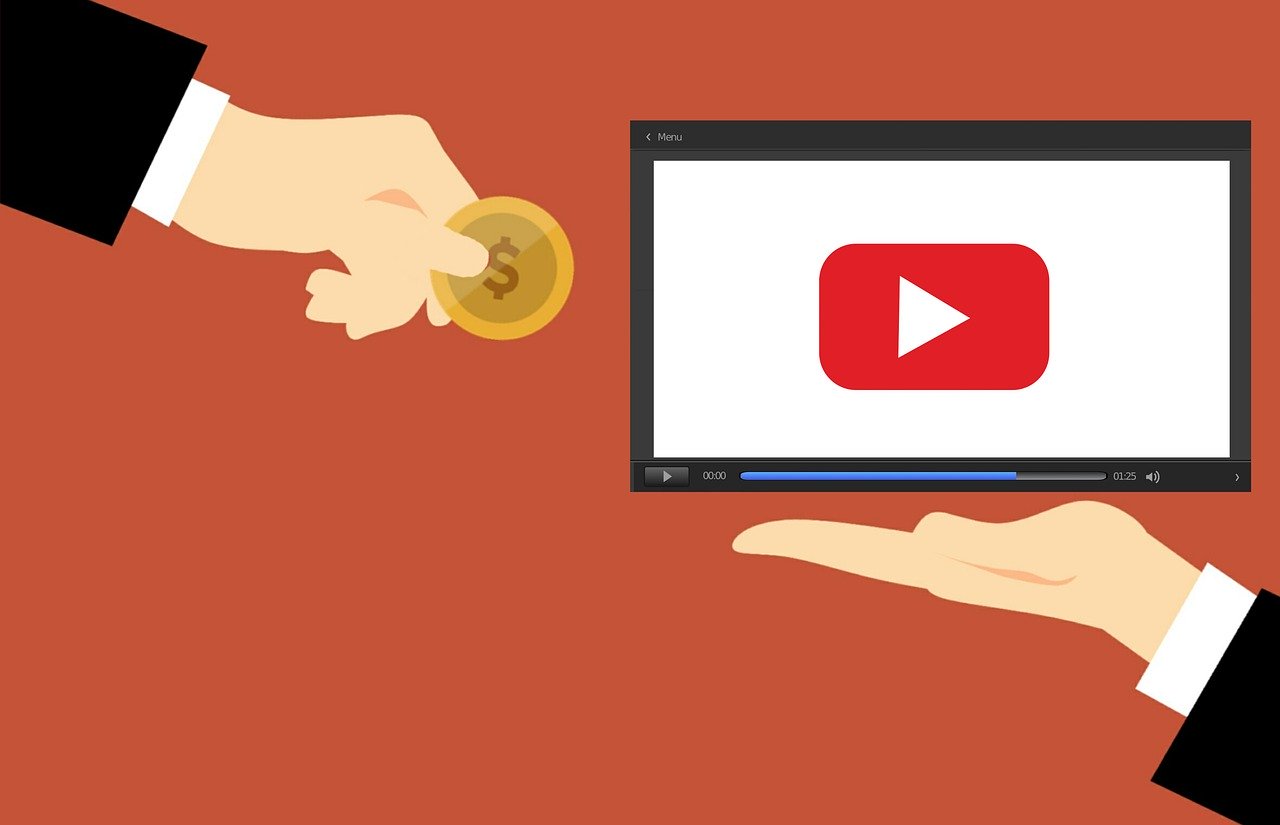A new company is trying to cash in where Quibi crashed. Buzzer, a mobile-first sports venture that plans to launch in the 4rth quarter of the year (otherwise known as the fall) plans to roll out a new app that will allow users to jump directly to the content they find relevant as it happens without the need to watch the rest of a contest.
To some sports fans that might seem very strange. A hockey fanatic or basketball fan who watches for nuance, adjustments and momentum swings (which are the things that set up the key moments in the first place) may laugh off such a concept. But Buzzer sees itself as a portal to reach a generation that has gravitated away from tuning in at all. There is a set of fans that will not carve out time to watch a game but has taken to following the stars on social media platforms. That’s great for the individuals who can cash in on their Instagram accounts. But how can leagues cash in on the culture that would rather read live tweets about games instead of watching them? This kind of sports fan threatens to seriously damage ad revenue in the future. Think about it like adapting NFL Red Zone for the rest of sports. NFL Red Zone allows football fans to see all of the scoring plays from all of the NFL games taking place at the time. It is seen as a very valuable tool for fantasy football players and a sort of life hack that skips through commercials, penalties and all of the other things that happen in football besides scoring points.
In the case of other sports like NBA Basketball, which already has an in with Buzzer via a new deal with NBA League Pass along with a deal with the PGA and NHL, it can be anything from watching the last crucial minutes of a game or being brought straight to a key moment around an individual. There are already NBA shows that cover the action of the day with live look-ins from the games happening at the moment. But in the case of Buzzer it allows the user to be the video producer. Is an NBA player on pace to break Wilt Chamberlain’s all-time single-game scoring record? Users can get an alert that will invite them to jump to the game (for a fee). What happens next is that they will be given a chance to purchase access to the game in progress. It allows users to follow sports without sitting down and watching them. If you think about it, that is how Golf has been broadcast for ever. Let’s take you to the 8th hole where Tiger Woods is shooting for an eagle, ok over the Amen Corner with Davis Love the 3rd. Nobody just features one golfer walking the course nor does it split the screen into 50 little screens so you can watch it all at the same time. Buzzer sort of wants to do that with the entire sports scene.
Didn’t we just see this?
While this service will undoubtedly be compared to Quibi it is a very different idea. Quibi sought to make money based on subscriptions while also targeting a younger generation that is subscription averse. It also hoped people would essentially be fooled into thinking long-form content was short-form content when it was not. Buzzer is not trying to trick people into watching a 2-hour basketball game in 24 five-minute chunks for a monthly fee. It is setting up a world where you can zip in to see if a pitcher will hold on to a perfect game by alerting you that it is happening and inviting you to tune in for a couple of bucks.
Could it be a tool for journalists?
When I first began to explore Twitter and said I didn’t understand it, a former colleague explained that while it seemed like nothing but Facebook status updates that journalists used it as a way to get a feel for the day and that it’s all about who you follow. Fill your feed up with inane nobodies and you will get a screen full of nothing, but follow people who are doing something meaningful and you have your ear to the ground of the whole conversation without the need to look at every major and minor news source all day. That is what Buzzer could be for sports journalists. Now whether Buzzer understands that or not is the question. But if my job was to keep up with all of the latest sports trends and events in Southern California it might be super helpful to have a service that let me know if Steph Cury was about to set an assist record or if an NCAA tournament game featuring UCSB was coming down to the last possession without requiring me to have 5 TV’s on at once or even better let me know there is something to see while I am on-site at an event and not in front of my five screens. A tool like that could be as helpful as a feed of the Associated Press is to a newspaper. But for it to work for journalists and everyday fans it will have to be deep in its scope.
Challenges
Starting off with the NBA, NHL and PGA in the fold is a good beginning. But right now it obviously is missing MLB, College Football, The NFL, Motor Sports, NCAA sports in general including basketball and more. It will also miss out on the upcoming Olympics, which is an even that could not be more perfect for a platform like this providing a chance to bounce to all of the Gold Medal moments live. If multiple leagues and TV providers buy-in, then this has a good chance to work. But there is a challenge built right into the business model. Geo-blocking. Are you a Lakers fan? Do you live in LA? That means you can’t use NBA league pass to follow your team. That goes for NFL teams on the NFL Sunday Ticket package as well. No LA Rams. But maybe you can see the Last Vegas Raiders. In order to allow fans to see live look-ins of the local teams Buzzer will have to set up distribution with RSN’s local broadcast channels, National networks like Fox, ABC and NBC, ESPN, and more. For a general sports fan who lives outside a major market on the other hand it could be the best aggregator for sports. The cost will also be a big factor. If it is convenient, fun, and inexpensive then it has a better shot than if it requires users to pay for 5 different subscription services in order to have a chance to buy short chunks. Making its target audience understand how things work and why it is not an invitation to part with hundreds of dollars will be huge. By providing a portal to NBA league pass without actually requiring people to sign up for it, the NBA can expand its audience exponentially and maybe rope fans into the service in the end. But if other leagues and networks say “thanks but no thanks” it could be a very short ride.
Generation Z is a hard nut to crack. They say they don’t watch tv, they don’t want to watch live games in real-time, they jump from one social media platform to the next as soon as one seems to be too establishment or mainstream, and do not like to pay for much. Some media companies lay their bets that eventually that crowd will flip a switch and start acting like the generations before them. And they may. But if they do not, maybe a micro-transaction model will work.
The fall sports season is coming up fast. If we can in fact move on from Covid and not have a reprise it may set the stage for a mobile-first sports-centric app as a slam dunk proposition. Time as it always does will tell.






